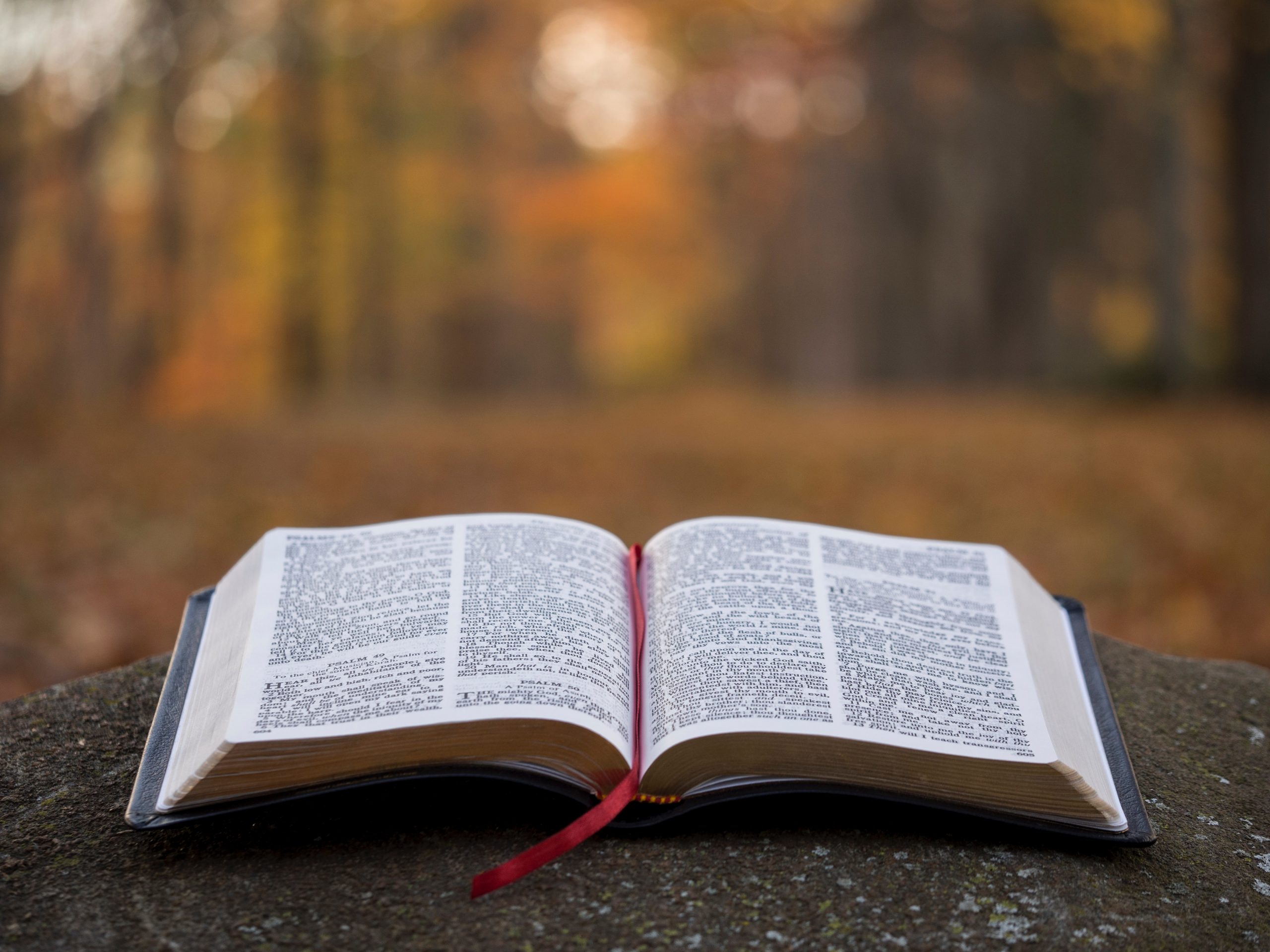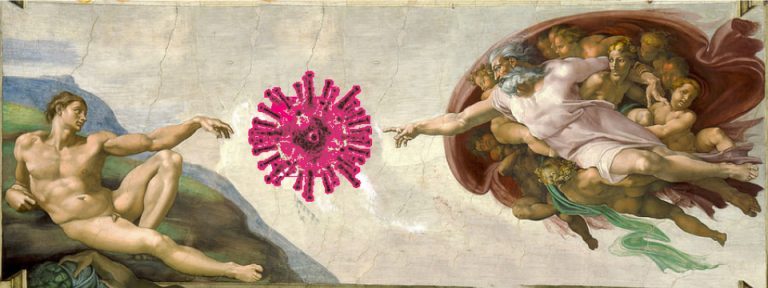
Dean’s Diary: Light and Dark in Holy Week
April 7, 2020
Extinction Catastrophe and the Covid-19 Pandemic
April 21, 2020At times like this many people’s faith is tested. Suffering is, and always has been, the toughest challenge to believers. If God is in control, why this?
This is the first of a series of posts reflecting theologically on the coronavirus. Here I outline the alternative options on God.
There have been epidemics all through history. In the past many people believed there was a god of epidemics, or maybe that each epidemic had its own god.
The belief is no longer popular. It was very pessimistic: if the gods so decreed, how could mere humans defend themselves? The only hope was exorcism. Exorcisms are not terribly successful.
It was largely in reaction against beliefs like this that Jews, Christians and Moslems believed a more positive theory: that we have been created by a single god who wants the best for us. This permits us to have a more positive attitude to life. It means we are loved and designed for fulfilment. However it leaves us asking why God gives us epidemics.
Many people find the atheist option the most attractive. According to atheism, there are no gods at all. This latest virus of ours, like all viruses, is just natural processes working themselves out in a universe that has no meaning or purpose. Design, intention and purpose didn’t exist until the evolution of animals like humans who are capable of having them.
The advantage of this is that there is nobody up there to blame. Epidemics are just what happens, for no intentional reason. The disadvantage is that the theory is all-encompassing. If it applies to the virus it applies to absolutely everything else as well. It means our own lives have no meaning or purpose in themselves, and any meaning or purpose we assign to them are just fictions of our minds. The idea that some things are good or bad becomes a human invention. The instruction to keep social distance to save lives becomes just one more government decree, neither right nor wrong in itself.
Most atheists don’t take it that far. The atheists I have been communicating with respond to the virus in one of two ways. Some simply take for granted moral norms derived from religious traditions – like the sanctity of life or the obligation to care for people in need.
Others are more committed to rejecting religious norms, but they then appeal to others. It seems that the main reason why the governments of the USA, Australia, the UK and Brazil have been slow to introduce lockdowns is their concern about their country’s economy. However, an imperative to protect the economy cannot be derived from atheism any more than the imperative to save lives. Both say what governments ought to do; but the whole point of atheism is that there are no transcendent authorities qualified to tell them what they ought to do.
Strictly speaking, from an atheist perspective, when governments decide whether or not to impose a lockdown, or how much to invest in masks and testing, they are not deciding what would be the right thing to do because there is no absolute right or wrong. What they are deciding is their own preferences. Their preferences, of course, may be sincerely based on the beliefs and values they hold. However they cannot go one step further to claim that they are the right preferences, because according to atheism there is no right or wrong transcending their decrees. If they claim that their decrees are the right thing to do, they are just borrowing religious moral concepts to decorate their personal preferences. And the trouble with personal preferences is that other people have different ones.
Few people take atheism this far. In practice, nearly all of us continue to believe that the different decisions being made by different governments are more than just personal preferences. Some decisions, we think, are better than others. Policies can be judged by higher principles – the duty of care and the importance of saving lives. As long as we continue to do this, we are in fact appealing to transcendent moral authorities we have inherited from our religious past.
The question remains: if there is a good god up there, why do we get the coronavirus? This post hasn’t given an answer. All I have done here is to point out that the alternative is no better. If there isn’t a good god above us, we have nothing to complain about: life is an accident, and all talk about the right way to respond is an echo of our religious past.
Perhaps we can’t live without it. In our public life God’s voice may only be heard as a faint echo, but we still listen out for it. Maybe we need to.




